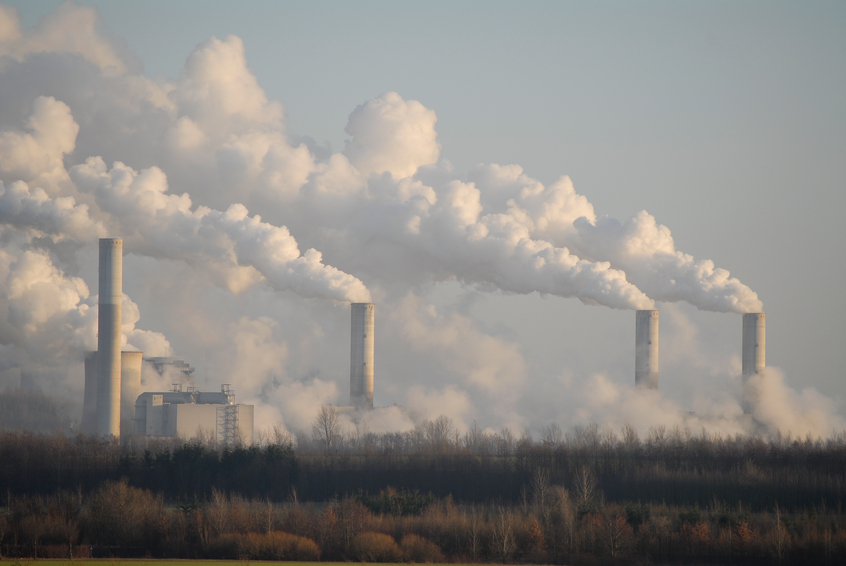Boiler Fuels, Emissions and Efficiency

This online engineering PDH course introduces the different types of solid, liquid, and gaseous fuels commonly fired in industrial, commercial and institutional boilers. It describes the characteristics of fossil and non-fossil fuels with emphasis on coal, oil, natural gas, biomass, and refuse-derived fuels (RDFs). This course also presents the principle emissions from combustion boilers that are regulated under the Clean Air Act (
This 2 PDH online course is applicable to mechanical engineers, designers, contractors, building professionals, and manufacturers who are interested in gaining a better understanding of the various boiler fuels and their emissions.
This PE continuing education course is intended to provide you with the following specific knowledge and skills:
- Understanding the different types of solid, liquid and gaseous fuels commonly fired in boilers
- Knowing the four principle emissions from combustion boilers; nitrogen oxides (NOx), sulfur dioxide (SO2), particulate matter (PM) and carbon monoxide (CO)
- Learning how to maximize efficiency by understanding combustion losses and boiler losses
In this professional engineering CEU course, you need to review Chapter 3, "Fuels, Emissions, and Efficiency" of the Department of Energy (DOE) Publication "Guide to Low-Emission Boiler and Combustion Equipment Selection".
Upon successful completion of the quiz, print your Certificate of Completion instantly. (Note: if you are paying by check or money order, you will be able to print it after we receive your payment.) For your convenience, we will also email it to you. Please note that you can log in to your account at any time to access and print your Certificate of Completion.